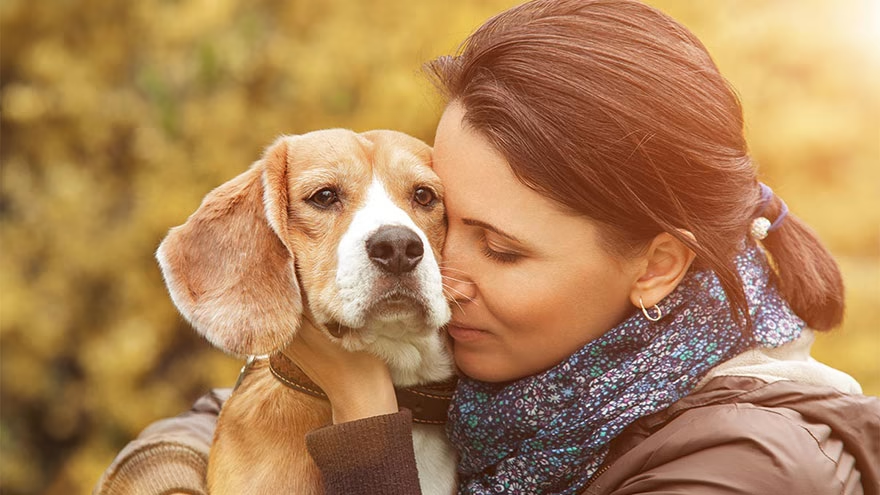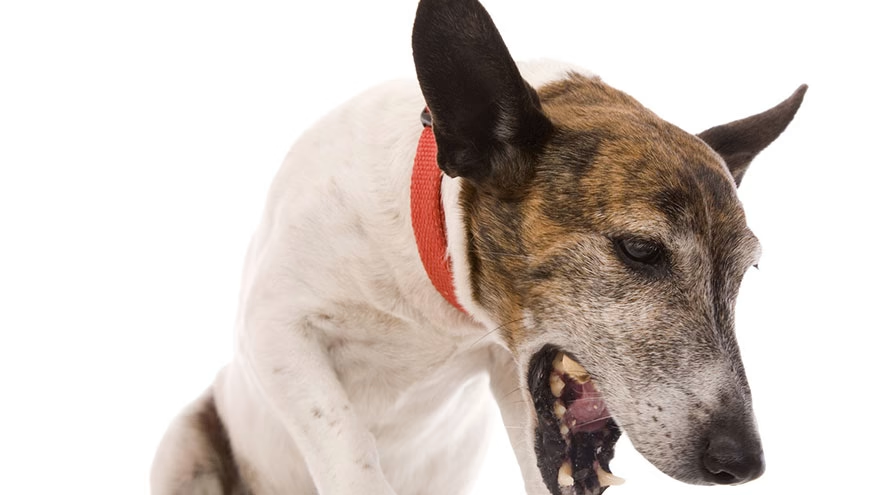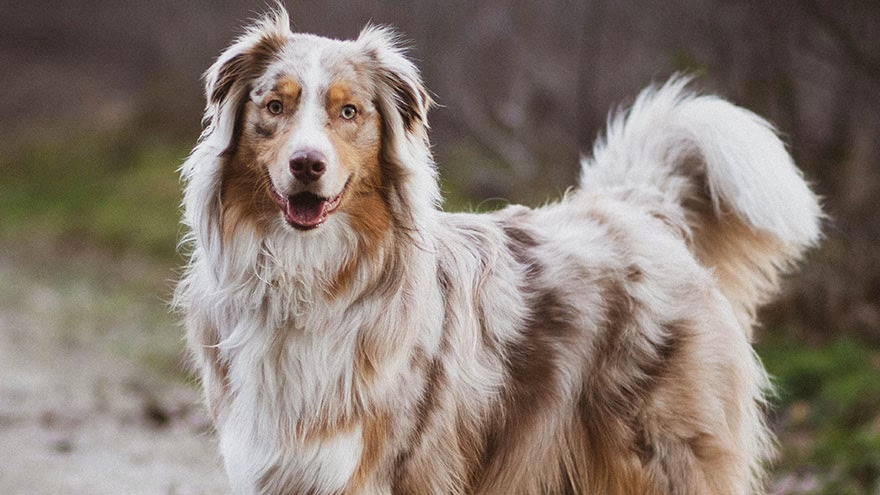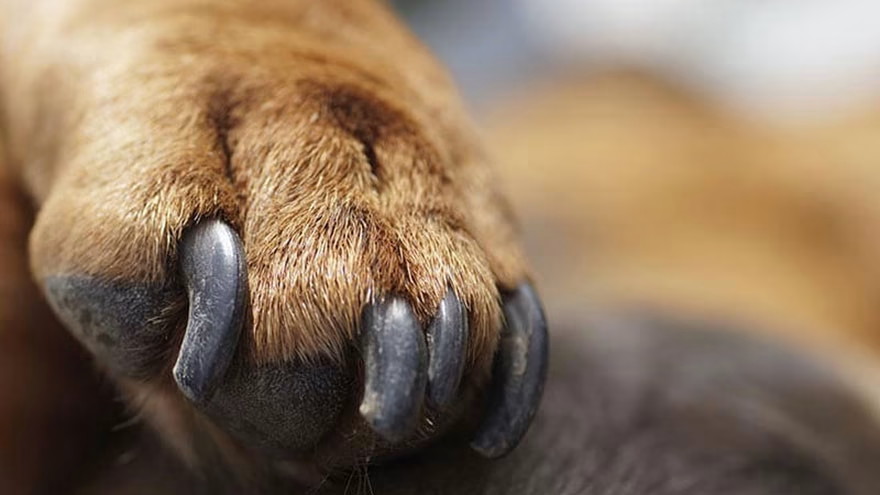Common signs of illness in an aging dog include repeated vomiting, diarrhea, weight gain or loss and an overall lack of energy. Although these symptoms can appear in sick canines of all ages, a number of exact medical conditions are more prevalent in elderly dogs.

Common Illnesses and Associated Symptoms
Some examples of the illnesses and associated symptoms that are common in dogs as they get older are:- Diabetes mellitus -- weight loss, increased thirst and urination, vomiting and feebleness
- Cancer -- weight loss, problems swallowing, breathing troubles and lack of appetite
- Liver disease -- appetite loss, vomiting, yellow gums and shifts in behavior
- Kidney disease -- weight loss, appetite loss, vomiting, diarrhea and increased thirst
- Hypothyroidism -- depression, lack of energy, thinning of the coat and weight gain
- Arthritis -- problems rising, muscle loss, inappropriate elimination and trouble jumping
- Prostate disease -- urine leakage, bloody urine and inappropriate elimination
- Cushing's disease -- appetite boost, thin skin, protruding stomach and increased urination If you own an aging dog, always be on the lookout for potential symptoms of any of these ailments.
Other Common Symptoms
Other common signs of illness in older dogs include:- Foul breath
- Coughing
- Wandering
- The presence of bumps or lumps on the body
- Balance issues
- Difficulty with elimination
- Urinary incontinence
- Disorientation and confusion
- Vaginal discharge
- Exhaustion after outdoor walks
- Runny nose
- Limping
Yearly Veterinary Checkups
Young, middle-aged and older dogs all require yearly veterinary checkups. These appointments are particularly crucial for aging pets, so ask your veterinarian if she thinks you should take your aging dog in for wellness examinations more often than just once a year. These routine exams should be extremely comprehensive, assessing the condition of the internal organs, lungs, heart, eyes, ears, coat, skin and teeth. Veterinarians sometimes request screening tests to check for early clues of medical conditions, too.It can help for owners to be proactive. Always pay close attention to your dog's weight, water and food intake, elimination patterns, sleeping habits and breathing. If anything ever seems amiss, take action immediately by notifying the vet. If your dog is suddenly panting heavily for no clear reason, for example, that could indicate respiration trouble.
Tip
Some changes that older dogs experience aren't necessarily signs of illness. Aging dogs tend to spend more time sleeping than their younger counterparts do, for example. They also tend to get exhausted faster during play sessions.
You Might Also Like :: Tetanus Symptoms in Dogs





0 Comments
No comments yet. Be the first to share your thoughts!
Leave a Comment